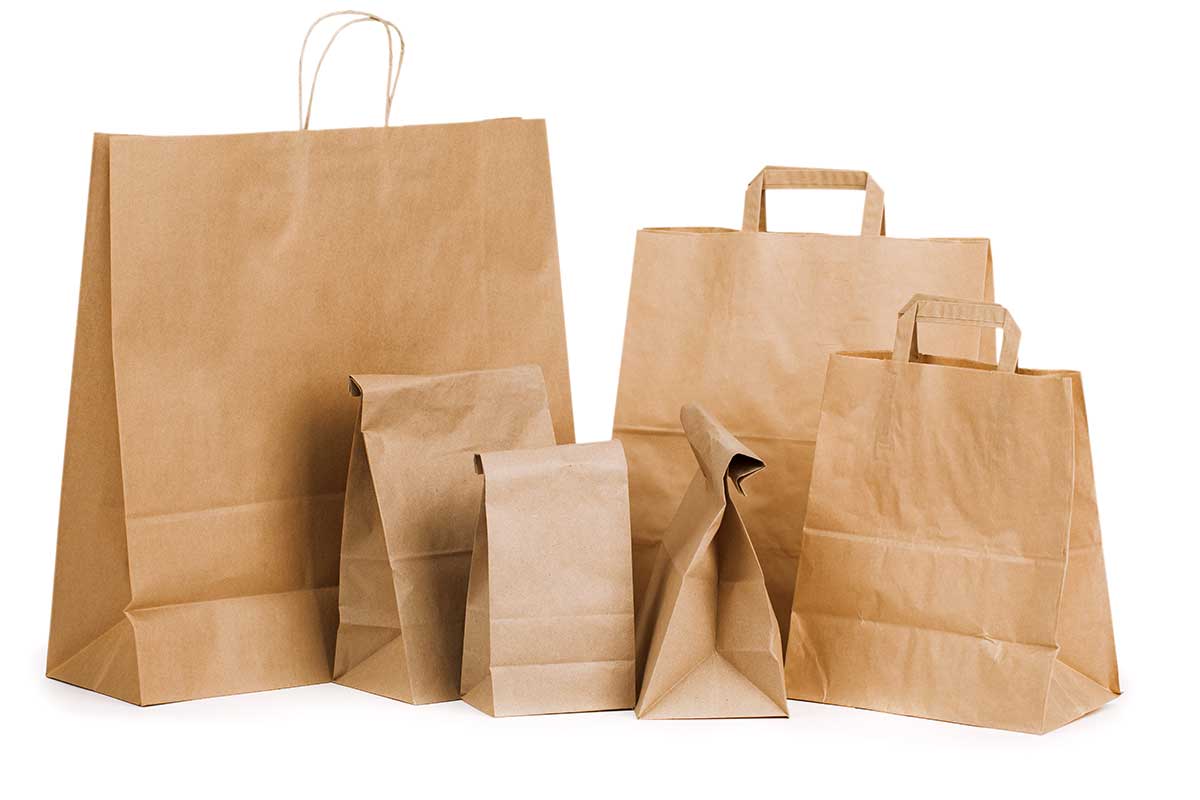In an era of heightened environmental awareness, the quest for sustainable alternatives to plastic has become a global imperative. Amidst this movement, the unassuming paper bag has emerged as a champion of eco-friendliness, offering a versatile and environmentally responsible solution to packaging needs. This article delves into the evolution, benefits, and future prospects of paper bags as a cornerstone of sustainable packaging.
Table of Contents
A History of Innovation
The story of paper bags traces back to the mid-19th century when visionary inventors revolutionized packaging with Francis Wolle’s invention of the first machine for mass-producing paper bags in 1852. Since then, paper bags have evolved from simple vessels for carrying goods to sophisticated packaging solutions used across diverse industries. Advances in technology and manufacturing have enhanced the durability, strength, and versatility of paper bags, making them an indispensable component of modern packaging.
Environmental Benefits
At the heart of the paper bag’s appeal lies its environmental sustainability. Unlike their plastic counterparts, paper bags are made from renewable resources, primarily wood pulp sourced from responsibly managed forests. This ensures a continuous supply of raw materials without depleting natural resources. Moreover, paper bags are biodegradable and recyclable, offering a closed-loop solution that minimizes waste and reduces environmental impact. By choosing paper bags over plastic, consumers and businesses contribute to the preservation of ecosystems, reduction of carbon emissions, and mitigation of plastic pollution in landfills and oceans.
Versatility and Customization
Paper bags offer unparalleled versatility, catering to a wide range of packaging needs across industries. From grocery shopping and retail packaging to gift wrapping and promotional materials, paper bags can be tailored to suit diverse requirements. Furthermore, businesses have the opportunity to customize paper bags with branding, logos, and messaging, transforming them into powerful marketing tools that communicate values of sustainability and environmental responsibility.
Consumer Preference and Corporate Responsibility
The growing emphasis on sustainability has reshaped consumer preferences, with an increasing number of individuals opting for eco-friendly alternatives in their purchasing decisions. In response, businesses are aligning their practices with consumer values by adopting paper bags as part of their corporate responsibility initiatives. From small businesses to multinational corporations, the widespread adoption of paper bags reflects a collective commitment to environmental stewardship and sustainable development.
Challenges and Opportunities
Despite their numerous benefits, paper bags are not without challenges. Concerns about deforestation, energy consumption, and water usage in paper production underscore the need for continued innovation and improvement in sustainability practices. By investing in research and development, as well as adopting best practices in resource management, the paper industry can further enhance the environmental performance of paper bags and drive positive change in the packaging sector.
Conclusion
Paper bags represent more than just a practical solution for packaging; they embody a commitment to sustainability, innovation, and responsible consumption. As we strive towards a more sustainable future, the role of paper bags as a symbol of environmental stewardship cannot be overstated. By embracing paper bags as a sustainable packaging solution, individuals and businesses alike can contribute to a greener, healthier planet for generations to come. In the journey towards sustainability, paper bags stand as a beacon of hope, reminding us of the power of innovation and collective action in shaping a better world.
